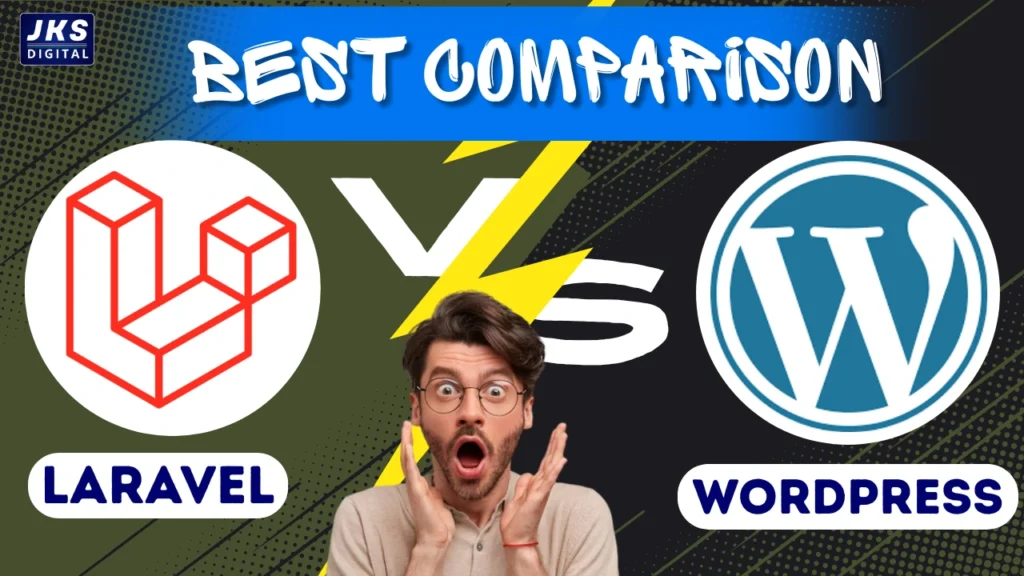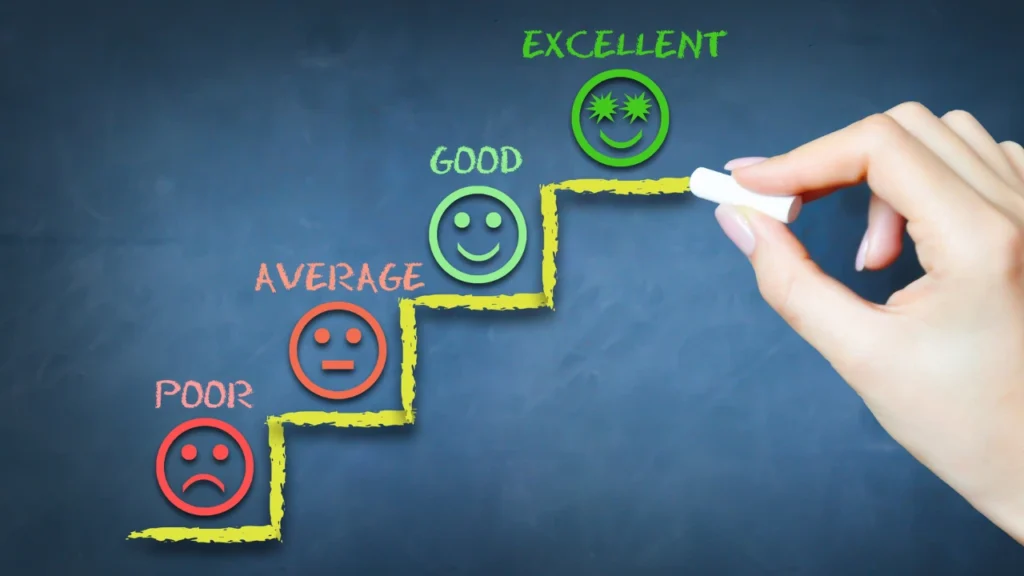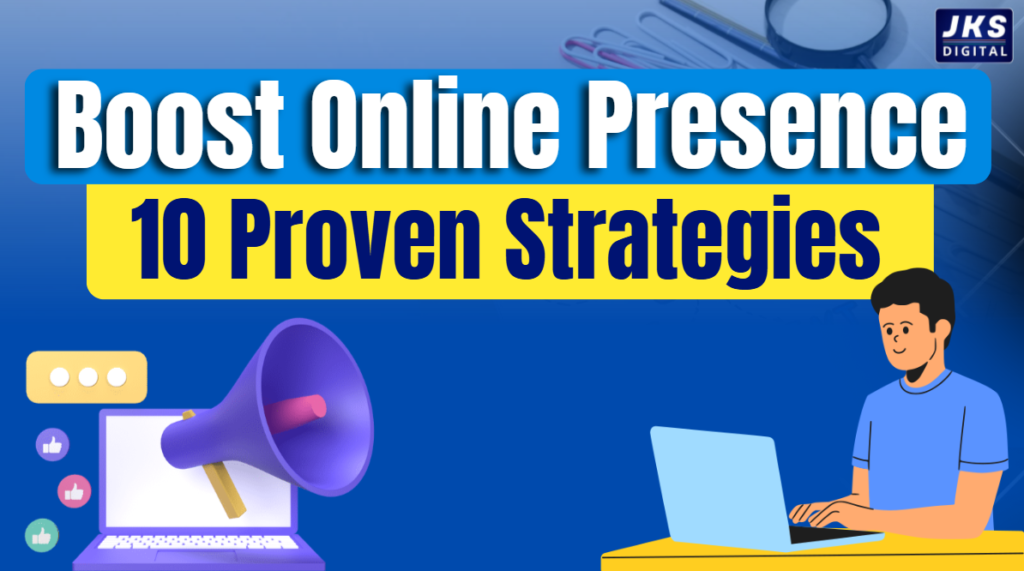Laravel vs WordPress :- There has never been a greater number of solutions to choose from when constructing a website or web application than in today’s digital world. Tools are plentiful, but two of their names often always come up in a discussion: Laravel and WordPress.

Each has its strengths and weaknesses depending on its use case and target user. If you are still conflicted of picking one in 2025, after reading this comparison, you will be confident of making the decision and will be pleasantly surprised at the depth of human reasoning.
What Is Laravel And WordPress?
Laravel:
Laravel is a PHP web application framework with an open-source license. Its wordings are elegant, its MVC(Model-View-Controller) architecture is modular, its tools allow the development of custom web apps, and it has a rich ecosystem. Laravel is loved by developers because it is scalable, flexible, and offers good security. This makes it easier to build complex tailor made applications from scratch.
WordPress WordPress:
At over 40% of the websites globally, WordPress is a PHP based content managment system(CMS) that powers countless sites. It began its journey as a blogging platform, and now serves as an all in one supporting e commerce sites, business websites, portfolios among others due to its immense library of plugins and themes.
Use Case Scenarios: What Platforms Work For You?

If You’re a Blogger or A Small Business Owner: Blogging and small business marketing are easiest both on and off the web with WordPress as it has numerous plugins and quick setup.
If You’re Working On A Custom SaaS Product Or A Complex Web Application: You can gain Laravel’s helpful features with its powerful backend, making it more flexible than other options.
Real-Life Example:
Let’s start with Riya. She is a freelance photographer with simple needs. Her portfolio website and blog were made in one day thanks to WordPress. Now lets look at Arjun, a startup founder with a scope to build a scalable job portal. His decision to go with Laravel stemed from the need for granular control over features and database handling, as well as emphasis on scalability.
Key Comparisons
| Feature | Laravel | WordPress |
|---|---|---|
| Ease of Use | Requires programming knowledge | Beginner-friendly |
| Customizability | Highly customizable | Limited to plugin/theme architecture |
| Security | Built-in advanced security features | Depends on plugins & regular updates |
| Performance | High for complex apps | Moderate, can be slow with many plugins |
| Community Support | Developer-focused, growing fast | Massive global community |
| SEO Capabilities | Manual optimization | SEO-friendly plugins available |
| Learning Curve | Steep | Easy |
SEO and Content Management

When it comes to managing content and search engine optimization (SEO), WordPress excels at both. Even beginners can optimize content to be search engine friendly with the help of plugins like Yoast SEO. On the other hand, Laravel allows more granular SEO control, but it requires development effort.
For blogs and content-heavy sites like news portals, WordPress is superior. However, for custom-built digital products which require deep integration of SEO, Laravel can be configured precisely to the needs.
Scalability and Performance
Laravel is built for developers who are looking to create applications that are scalable. The same applies to caching, API management, and background jobs – everything is handled smoothly. While WordPress can be scaled, it more often than not requires managed hosting as well as careful attention to avoid plugin bloat.

Design and User Experience
WordPress offers thousands of ready-made themes for various industries. With page builders like Elementor or Gutenberg, even non-tech users can design visually appealing websites.
Laravel, however, gives you complete creative freedom. Want a pixel-perfect UI? Laravel lets you build one from scratch using Blade templating or integrating front-end frameworks like Vue or React.
Maintenance and Updates
Laravel projects need a team or developer for ongoing updates and bug fixes. WordPress makes this easier with one-click updates for plugins, themes, and core files. However, outdated plugins pose security risks. When Should You Choose Laravel?

- When building custom, enterprise-grade web apps
- When security and performance are top priorities
- When working with an experienced developer or teamWhen Should You Choose WordPress?
- When launching quickly with limited technical knowledge
- When building a blog, portfolio, or simple business site
- When relying on a massive plugin/theme ecosystem
Read Also:- Powerful Online Income Ideas for Students: Smart Ways to Earn While You Learn
Final Verdict
Both platforms are excellent, but the right choice depends on your specific needs, goals, and technical skills.
- Choose WordPress if you want a ready-to-go solution with minimal learning curve.
- Choose Laravel if you need full customization and long-term scalability.
In 2025 and beyond, the user experience, security, and performance will define digital success. Pick the tool that empowers you, aligns with your vision, and helps you grow.
Human Tip: Don’t just follow trends – follow your project’s needs. Many businesses waste time switching platforms because they didn’t assess the technical requirements properly in the beginning. Talk to a developer, explore demos, and think long-term.
Still confused? Drop a comment below or consult with a web expert to find what suits you best!
Don’t just follow trends – understand the needs of your project and keep your mind fully focused as well.
Many people end up wasting their time because they fail to assess the technical requirements properly in the beginning. Talk to an experienced developer, explore demos, and think with a long-term vision.
And most importantly, never stop putting in the hard work and adopting new strategies.






